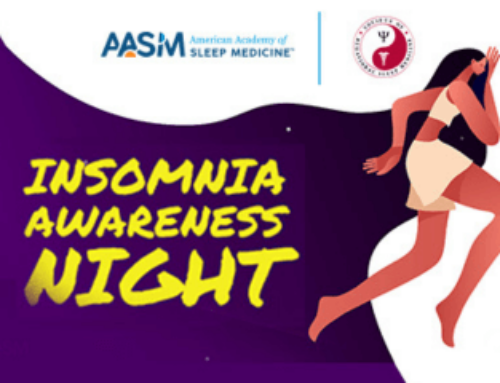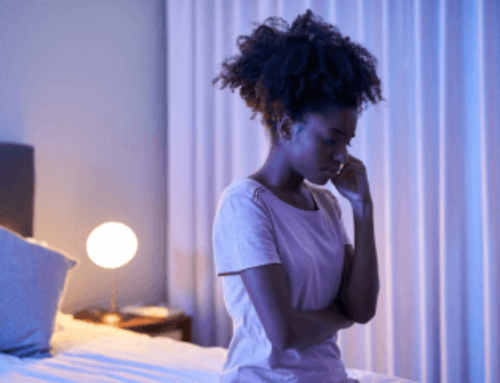EMBARGOED FOR RELEASE: 12:01 a.m., Oct. 1, 2009
WESTCHESTER, IL – A study in the Oct.1 issue of the journal SLEEP shows that elderly women sleep better than elderly men even though women consistently report that their sleep is shorter and poorer.
Women reported less and poorer sleep than men on all of the subjective measures, including a 13.2 minute shorter total sleep time (TST), 10.1 minute longer sleep onset latency (SOL), and a 4.2 percent lower sleep efficiency. When sleep was measured objectively, however, women slept 16 minutes longer than men, had a 1.2 percent higher sleep efficiency, and had less fragmented sleep. Multivariate regression analysis showed that these discrepancies were partly explained by determinants of sleep duration such as sleep medication use and alcohol consumption.
Principal investigator Henning Tiemeier, MD, PhD, associate professor of psychiatric epidemiology at the Erasmus Medical Center in Rotterdam, Netherlands, said he was surprised that women slept longer and better, and reported their sleep duration more accurately, than men.
“The difference between subjective and objective sleep quality arise not because women are more likely to be complainers, but because men strongly overestimate their sleep duration,” said Tiemeier.
The study involved 956 participants between the ages of 59 and 79 years; 52.3 percent were women. Information was obtained from the Rotterdam Study, a population-based cohort study aimed at assessing the occurrence of and risk factors for chronic diseases in the elderly.
Subjects used an actigraph that can be worn like a watch for an average of six consecutive nights to objectively measure sleep parameters. Subjective sleep quality was assessed with a sleep diary and the Pittsburgh Sleep Quality Index.
The mean difference between diary-reported and actigraphic total sleep time was larger in men (estimated total sleep time of 7.01 hours versus 6.40 objectively measured hours) than in women (estimated total sleep time of 6.79 hours versus 6.65 objectively measured hours). Sleep medication use was more common in women (14.9%) than men (6.1%), and both sleep medication use and depressive symptoms were related to significantly shorter subjective sleep time in women. Men consumed twice as much alcohol as women (1.0 drink/day versus 0.5 drink/day), and only alcohol consumption decreased the sex difference in actigraphic total sleep time.
According to the authors, the sex differences in both self-reported and objective sleep measures may be explained by the fact that women may require more sleep than men, meaning the same amount of sleep may be satisfactory for men but not for women.
SLEEP is the official journal of the Associated Professional Sleep Societies, LLC (APSS), a joint venture of the American Academy of Sleep Medicine and the Sleep Research Society.The APSS publishes original findings in areas pertaining to sleep and circadian rhythms. SLEEP, a peer-reviewed scientific and medical journal, publishes 12 regular issues and 1 issue comprised of the abstracts presented at the SLEEP Meeting of the APSS.
For a copy of the study, “Sex Differences in Subjective and Actigraphic Sleep Measures: A Population Based Study of Elderly Persons,” or to arrange an interview with the study’s author, please contact Kelly Wagner, AASM public relations coordinator, at (708) 492-0930, ext. 9331, or kwagner@aasm.org.
AASM is a professional membership organization dedicated to the advancement of sleep medicine and sleep-related research. As the national accrediting body for sleep disorders centers and laboratories for sleep related breathing disorders, the AASM promotes the highest standards of patient care. The organization serves its members and advances the field of sleep health care by setting the clinical standards for the field of sleep medicine, advocating for recognition, diagnosis and treatment of sleep disorders, educating professionals dedicated to providing optimal sleep health care and fostering the development and application of scientific knowledge.
###




